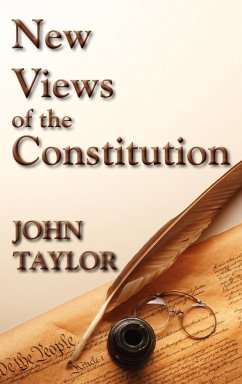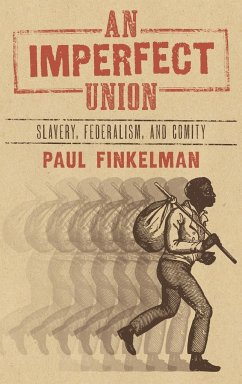
An Imperfect Union
Slavery, Federalism, and Comity
Versandkostenfrei!
Versandfertig in 1-2 Wochen
48,99 €
inkl. MwSt.

PAYBACK Punkte
24 °P sammeln!
"In short, we have a first-rate study of an important constitutional symbol of disunion." --Donald Roper, American Journal of Legal History 26 (1982) 255. Finkelman describes the judicial turmoil that ensued when slaves were taken into free states and the resultant issues of comity, conflict of laws, interstate cooperation, Constitutional obligations, and the nationalization of slavery. "Other scholars have defined the antebellum constitutional crisis largely in terms of the extension of slavery to the territories and the return of fugitive slaves. Finkelman's study demonstrates that the comit...
"In short, we have a first-rate study of an important constitutional symbol of disunion." --Donald Roper, American Journal of Legal History 26 (1982) 255. Finkelman describes the judicial turmoil that ensued when slaves were taken into free states and the resultant issues of comity, conflict of laws, interstate cooperation, Constitutional obligations, and the nationalization of slavery. "Other scholars have defined the antebellum constitutional crisis largely in terms of the extension of slavery to the territories and the return of fugitive slaves. Finkelman's study demonstrates that the comity problem was also an important dimension of intersectional tension. It is a worthy addition to the growing literature of slavery." -- James W. Ely, Jr., California Law Review 69 (1981) 1755. Paul Finkelman is the President William McKinley Distinguished Professor of Law and Public Policy and Senior Fellow, Government Law Center, Albany Law School. He is the author of more than 200 scholarly articles and more than 35 books including A March of Liberty: A Constitutional History of the United States, with Melvin I. Urofsky (2011), Slavery, Race and the American Legal System, 1700-1872 (editor) (1988) and Slavery in the Courtroom (1985).





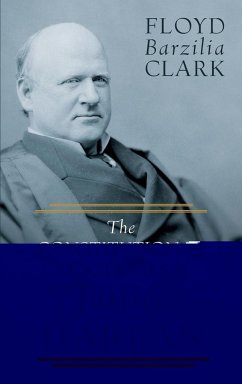
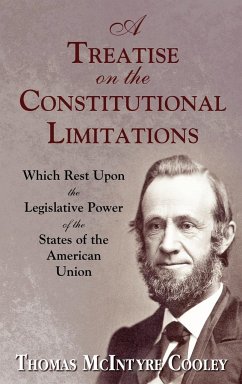
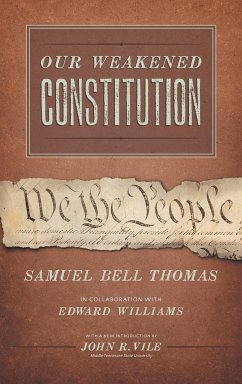
![A Treatise Concerning Political Enquiry, and the Liberty of the Press [1800] Cover A Treatise Concerning Political Enquiry, and the Liberty of the Press [1800]](https://bilder.buecher.de/produkte/59/59400/59400305n.jpg)
![The Forgotten Ninth Amendment [1955] Cover The Forgotten Ninth Amendment [1955]](https://bilder.buecher.de/produkte/57/57723/57723235n.jpg)

